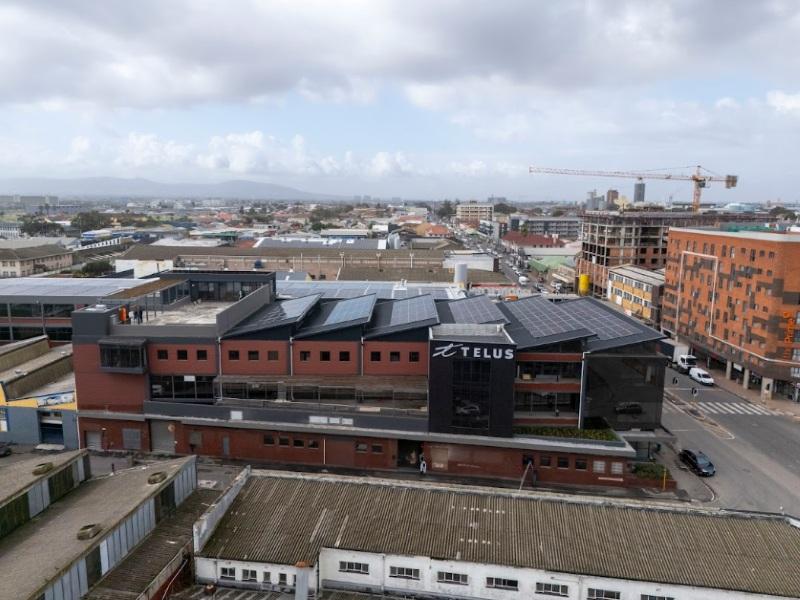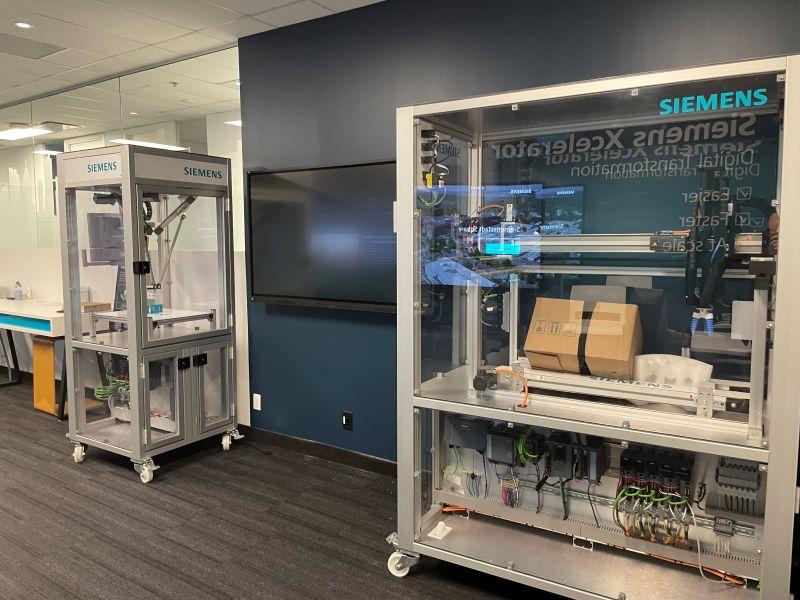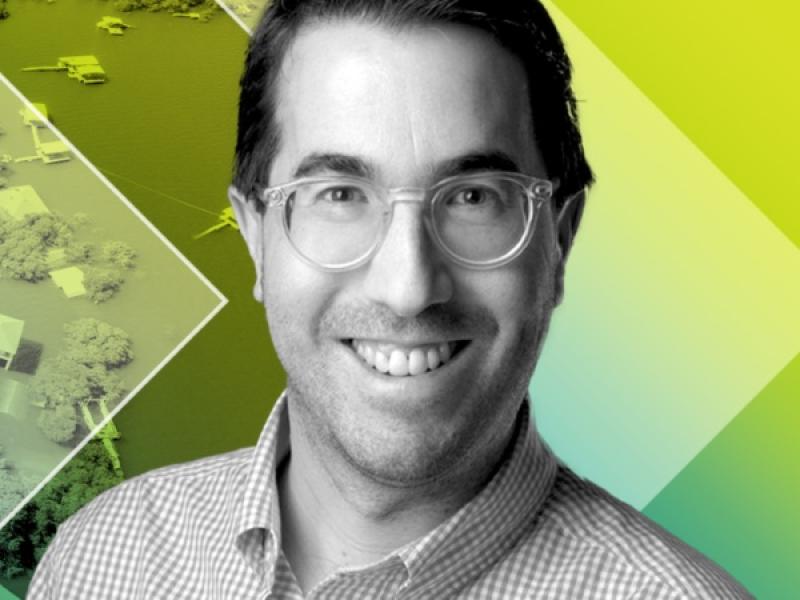Recent Articles
Zero Waste Lab brings circular economy to Guelph
Zero Waste Lab brings circular economy to Guelph
The City of Guelph, Wellington County, the Guelph Smart Cities Office and insurance company Co-operators have launched the Zero Waste Economic Transformation Lab. The focus is to initiate circular economy practices for Guelph and its businesses.
Scientists want carbon capture tax credit scrapped
• CBC • Globe and Mail
More than 400 Canadian climate scientists and other academics are pleading with Finance Minister Chrystia Freeland to scrap her plan to create a tax credit for companies that build carbon capture and storage facilities a policy first proposed in December.
Bitcoin company fined due to unauthorized operations
A bitcoin mining company faces more than C$7 million in penalties for operating two gas-fired power plants in Alberta without approvals and is ordered to close another facility. Crypto is banned in some countries due to environmental and other concerns.
Deutsche Börse and GFEX partner on carbon markets
Deutsche Börse and Guangzhou Futures Exchange have signed a Memorandum of Understanding to facilitate carbon markets across China and Europe. They will now explore opportunities together for the carbon market currently valued at $1 billion but expected to reach $100 billion by 2030.
Hydro-Québec asks public to conserve electricity
Hydro-Québec anticipates that electricity consumption could again exceed historic highs on Friday and Saturday, January 21 and 22. The ongoing deep freeze over the last few days, makes it difficult for buildings to retain heat, causing demand for heating to go up.
Why fixing the electric grid is not enough
While there is little doubt that the electrical grid needs to be improved, it is clear that an exclusive large-scale, centralized approach is no longer viable. A grid at this scale is expensive, slow, difficult to complete, vulnerable and brittle.
Reinvented electric grid crucial for solving climate crisis
• GreenBiz
A recent study found that to reach the U.S. administration’s goal for a carbon emissions-free grid by 2035 will require it to nearly triple its 2020 growth rate for the grid to become 80 per cent powered by clean energy by 2030.
Plastic offsets might become the next carbon offsets
• Carbon Credits • Sustainable Biz Canada • Sustainable Biz Canada
The plastic offset industry is like the carbon offset industry. With the carbon offset industry, companies buy carbon credits. Each credit equals one metric ton of carbon. That metric ton of carbon is “offset” through an environmental project, like reforestation.
Lax regulation threatens carbon offset boom
The demand for carbon offsets, which firms use to neutralize the pollution they cause, is rising sharply and could increase 50-fold by 2050. According to Taskforce on Scaling Voluntary Carbon Markets offset options are often not effective in removing carbon.
Carbon reduction takes centre stage in 2022
It’s not yet known what specific actions the Ministry of Natural Resources will take to address carbon emissions in the construction industry, only one month after being mandated with the responsibility.
Heating U.K. homes with hydrogen, heat pumps
• H2-View
Residential heat and hot water contribute 14 per cent of UK carbon emissions which must be reduced to meet the U.K.’s climate target of net zero emissions by 2050. Two contenders for green heating technologies are electric heat pumps and hydrogen boilers.
GM to expand its hydrogen fuel cell technology
General Motors announced new commercial applications for its HYDROTEC hydrogen fuel cell technology taking it beyond its use in vehicles to mobile power generation including locomotives and aircraft. GM is credited with creating the first-ever hydrogen fuel cell vehicle in 1966.
Green ammonia as another clean fuel option
• Yale 360
Ammonia has been widely used as a fertilizer for a century. Now, using renewable energy and a new method for making ammonia, researchers and entrepreneurs believe “green” ammonia can become a clean fuel source for generating electricity and powering ships.
Earth’s threshold for chemical pollution breached
There are about 350,000 different types of artificial chemicals that are most often released into the global environment. New ones are being produced every day and that scientists now say threatens the Earth and poses a clear threat to humanity.
Could vertical farming be a solution for vacant space?
• RENX
Through the process of adaptation to macro and microeconomic disruptions, commercial real estate has begun transitioning to meet the future needs of the populace. Buildings that once served a specific purpose are being tested as society shifts around lifestyles.
Water harvesting for clean environment, blue economy
With cities becoming increasingly polluted, homeowners are turning to gardens, by keeping small plants at home, to provide some greenery. However, installing plants at home also means that one needs to know how to maintain the plants.
Expanded sustainability team to steer BOMA BEST
BOMA Canada has added three new members to its sustainability team. Jani Loots steps into the new role of senior director, sustainability, while Joanna Sugunathazan and Josimar Herrera join the staff as BOMA BEST project coordinators.
ESG requirements coming to construction contracts
Many construction industry leaders are now implementing ESG policies largely focused on reducing energy usage. Over 60 per cent of construction industry respondents to a survey conducted by Global Data say clients are demanding the application of sustainable construction methods.
Weak tax foundation of Canada’s green-economy
There’s been a lot of talk from Ottawa about a so-called just transition to a greener economy, as energy demand shifts from fossil fuels and the expense of carbon pollution is increasingly integrated into the cost of doing business.
Climate change the biggest global economic threat
• GreenBiz
Climate change risks continue to dominate the global economic threat register even as the COVID-19 pandemic enters its third year, with fresh estimates suggesting the overall bill for last year’s natural disasters and weather-related catastrophes hit $280 billion worldwide.
 Industry Events
Industry Events
-
ECO IMPACT 2026
Feb 19 2026
to Feb 20 2026
The Westin Calgary -
BuildGreen Atlantic
Apr 27 2026
to Apr 28 2026
Halifax, NS -
The Evergreen Conference
May 06 2026
to May 07 2026
Toronto, ON -
Building Lasting Change
Jun 17 2026
to Jun 19 2026
Montréal, QC -
Retrofit Canada Conference
Jun 24 2026
to Jun 25 2026
Halifax Convention Center











